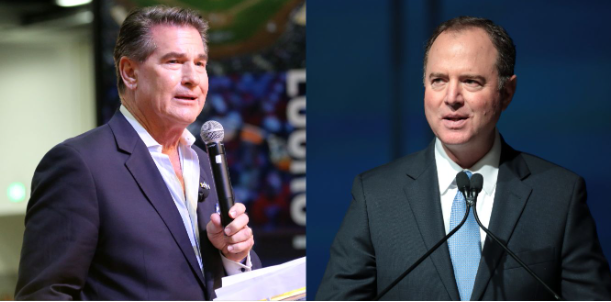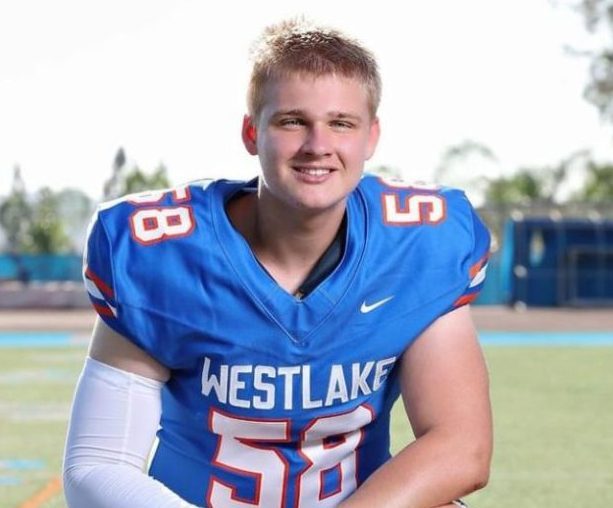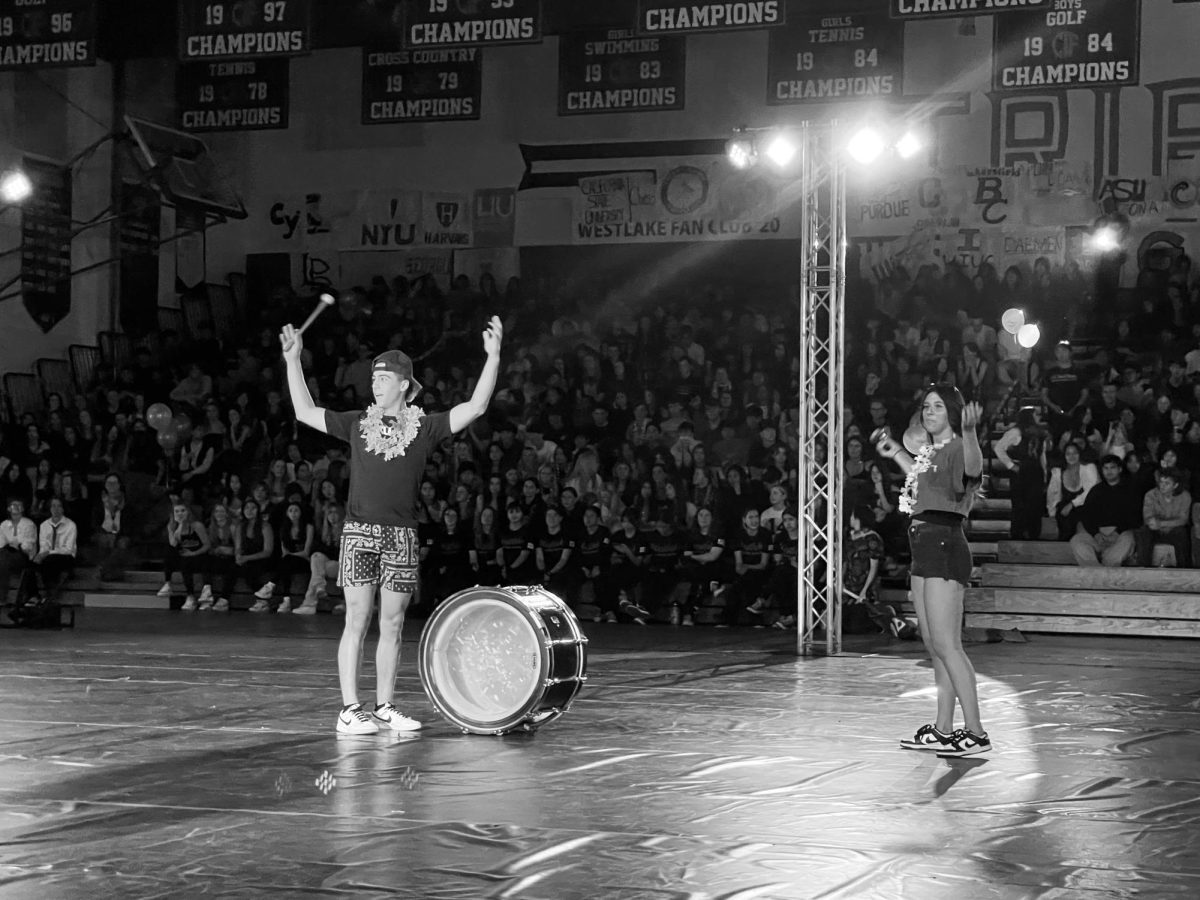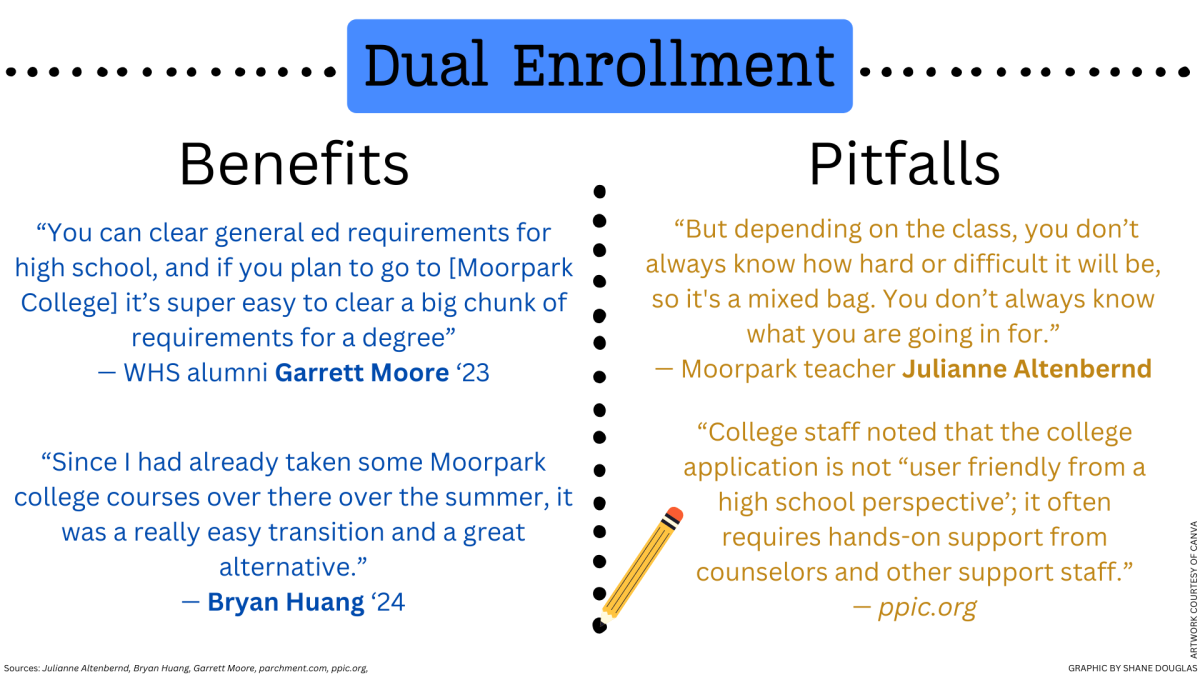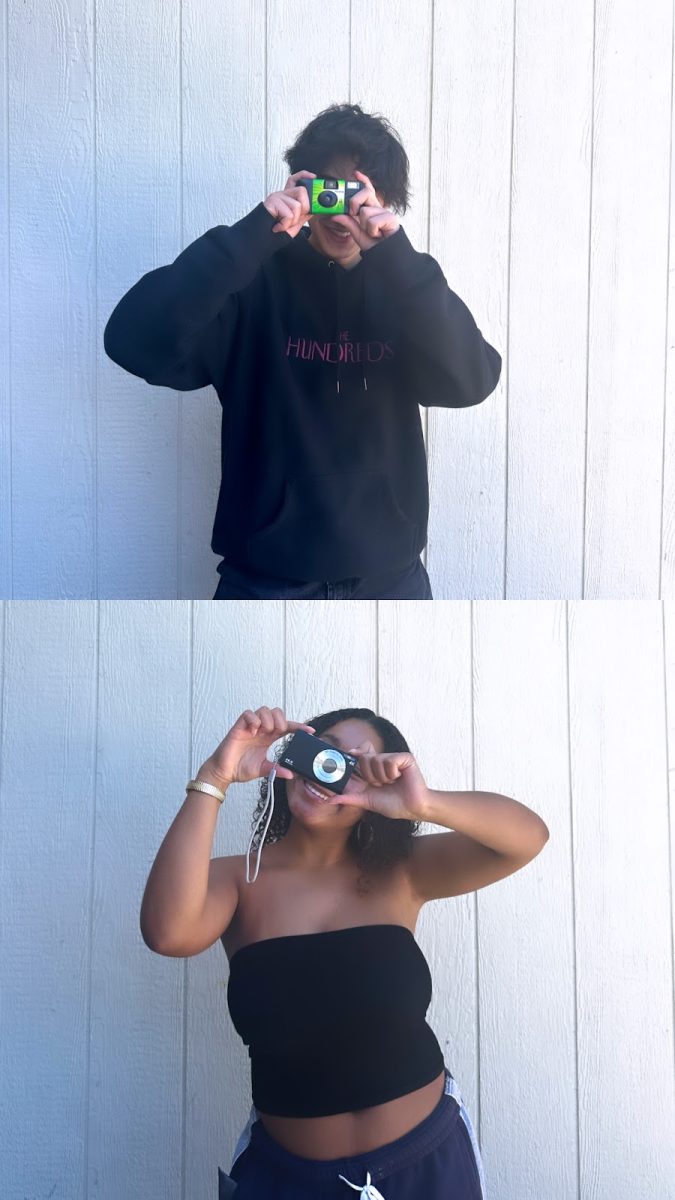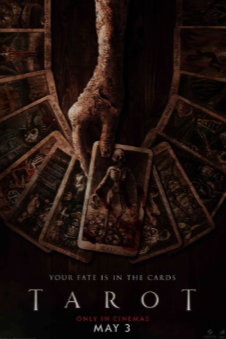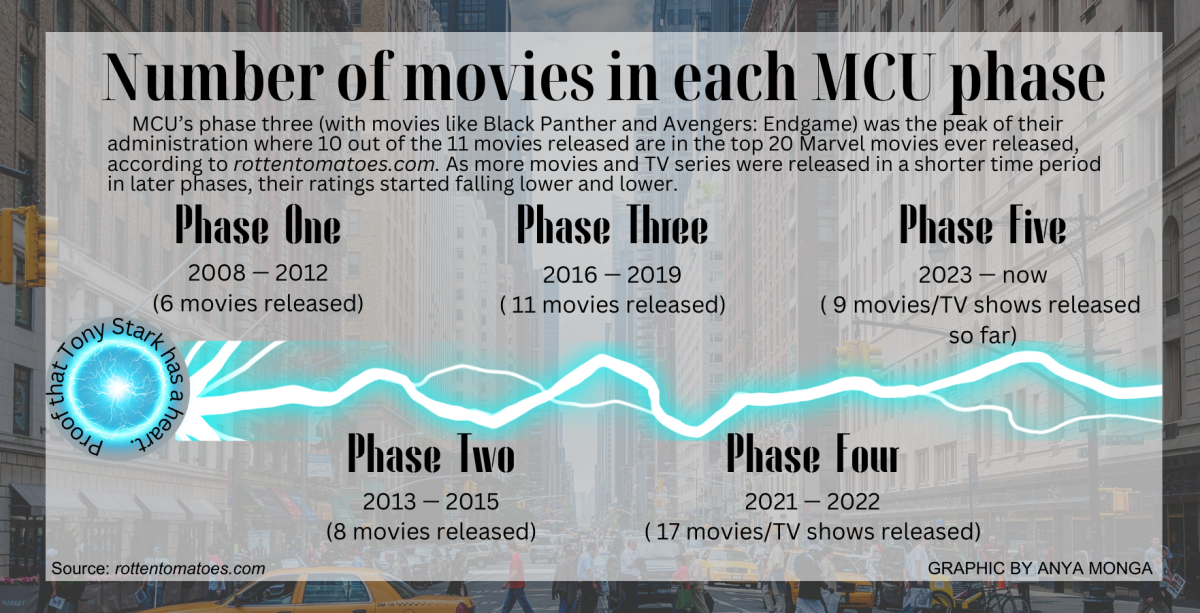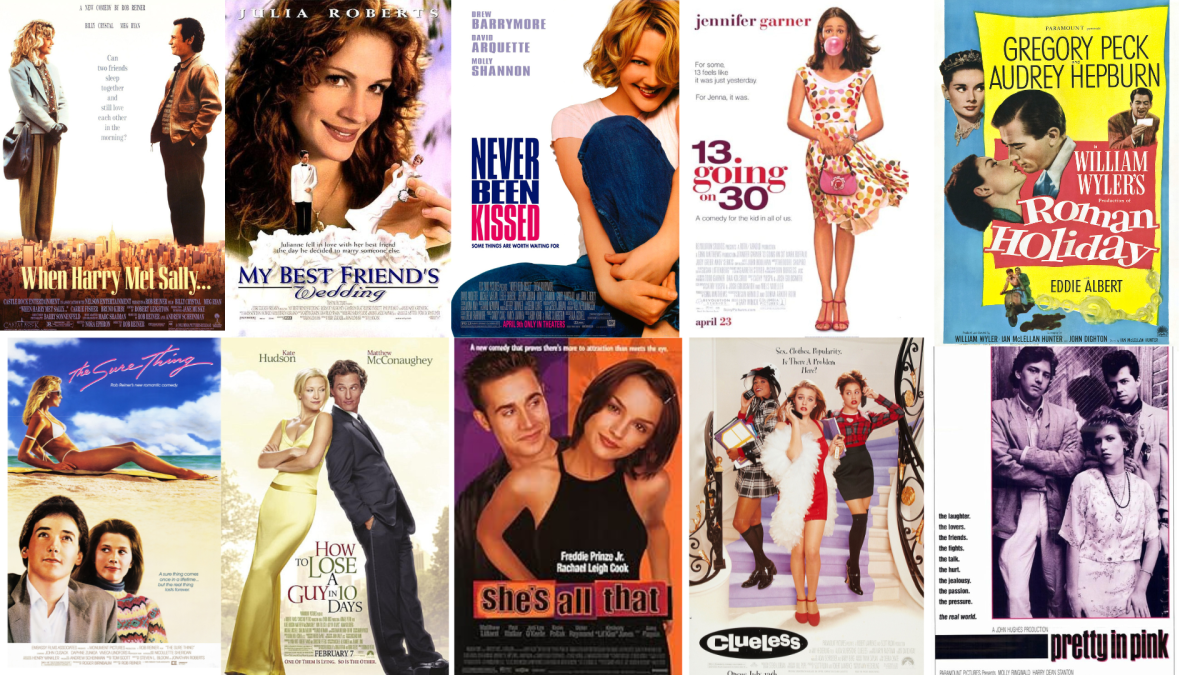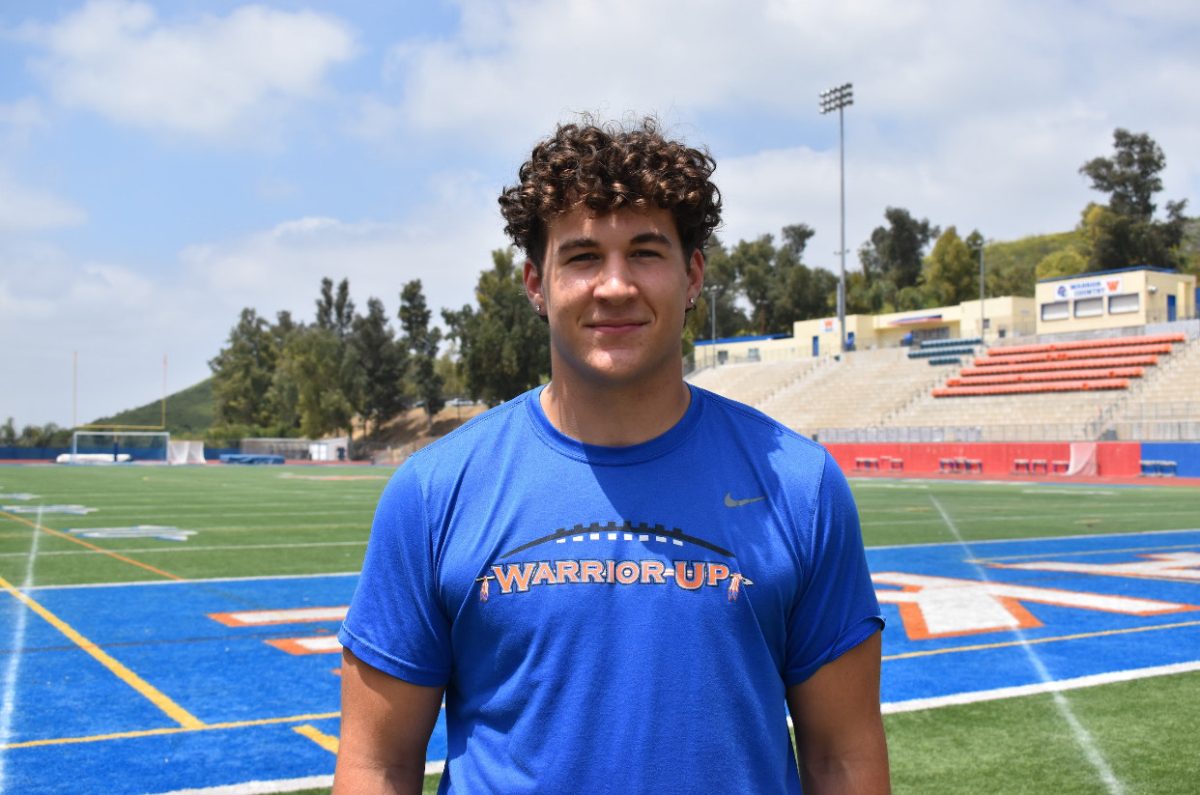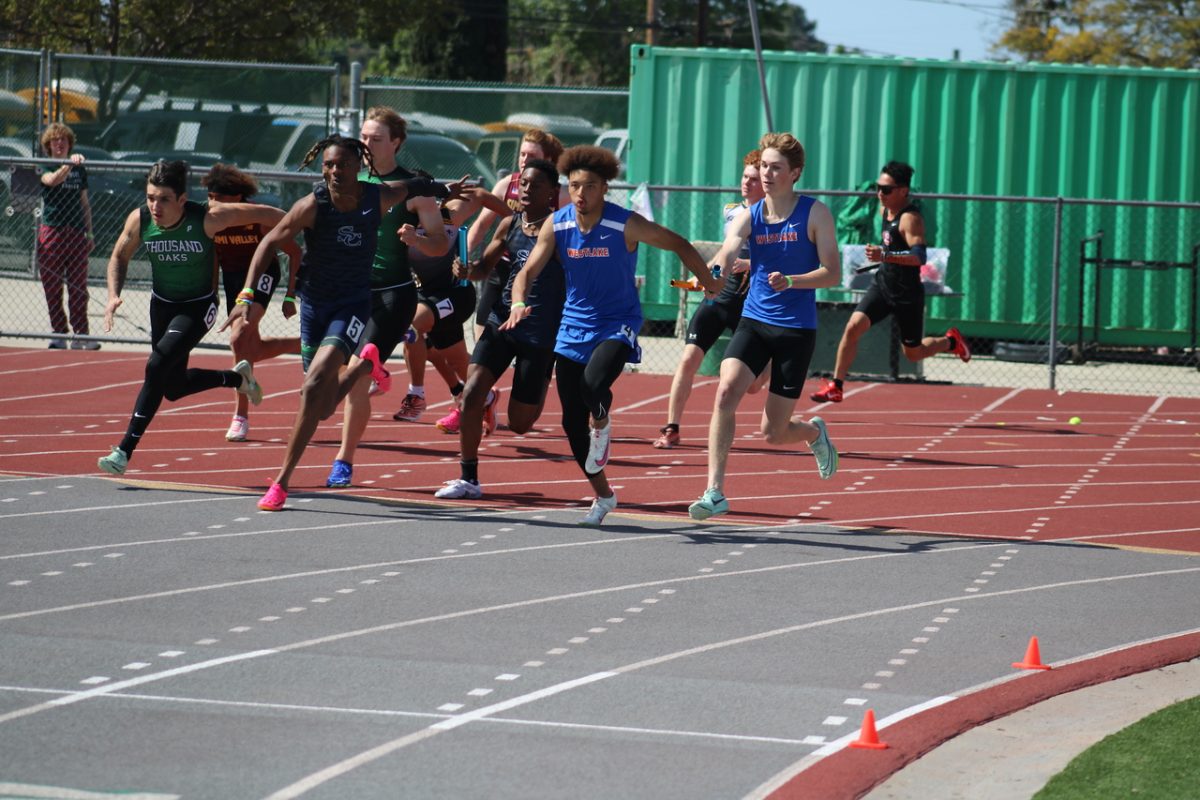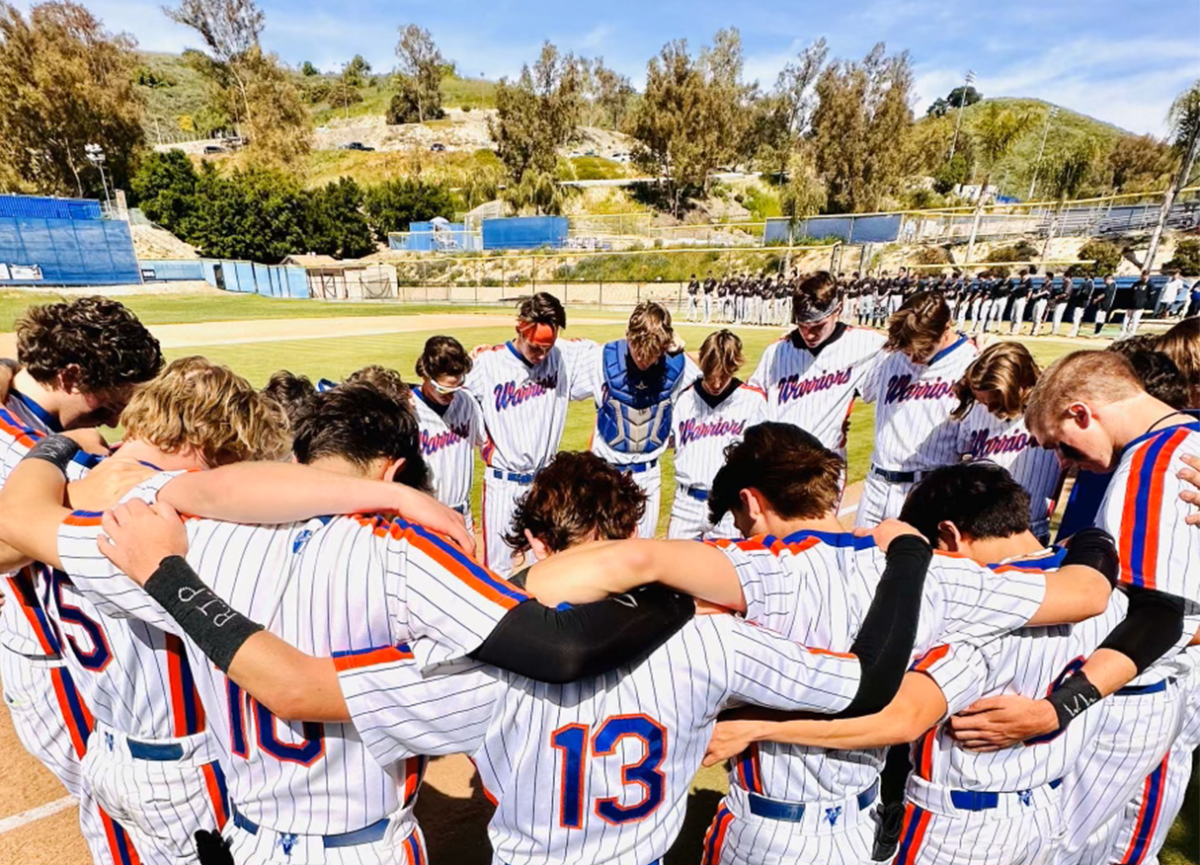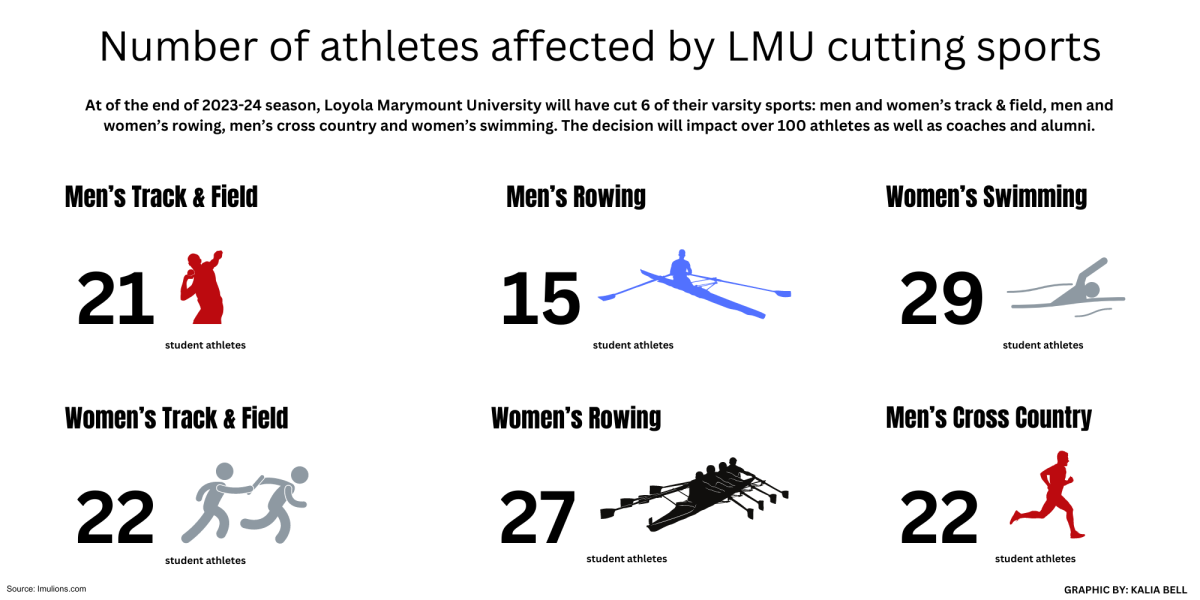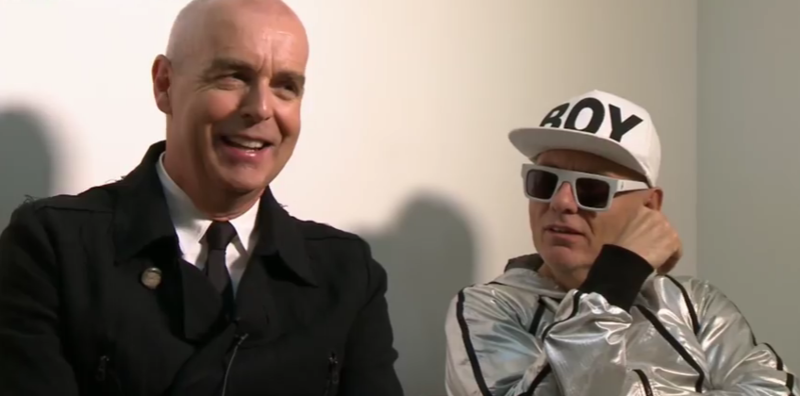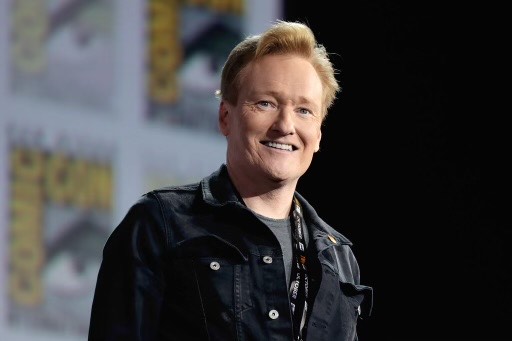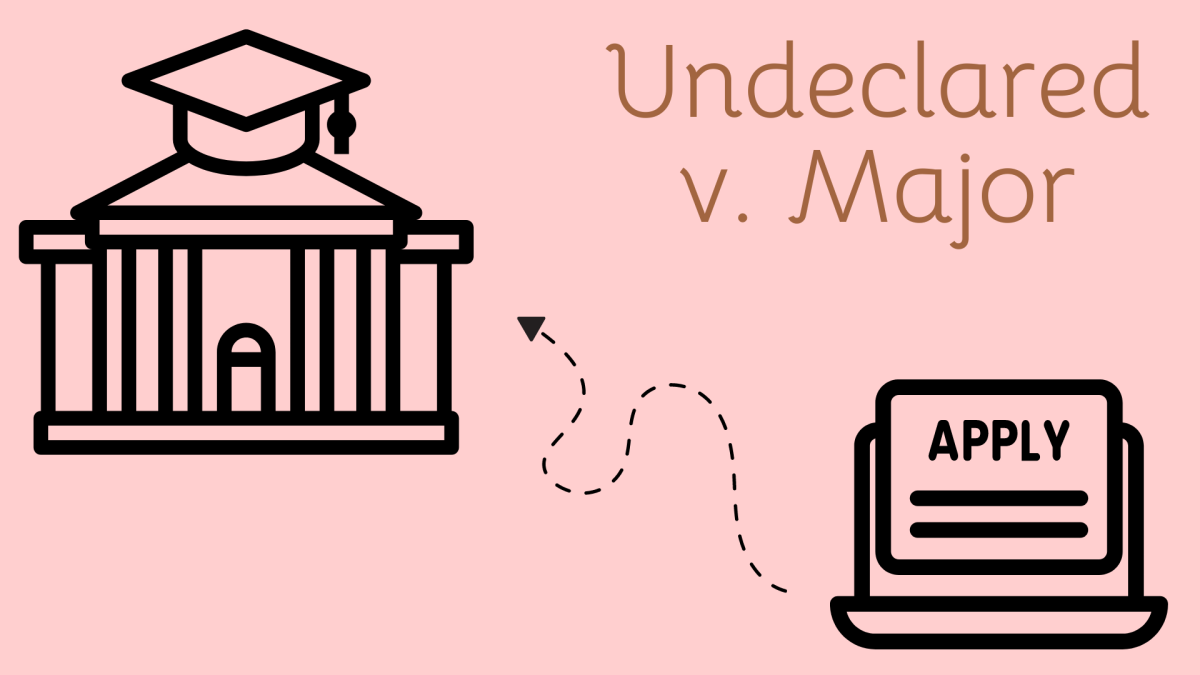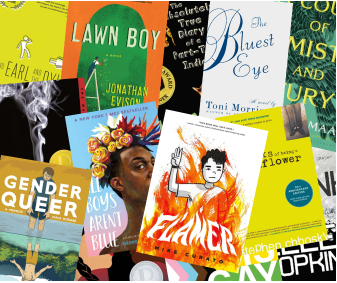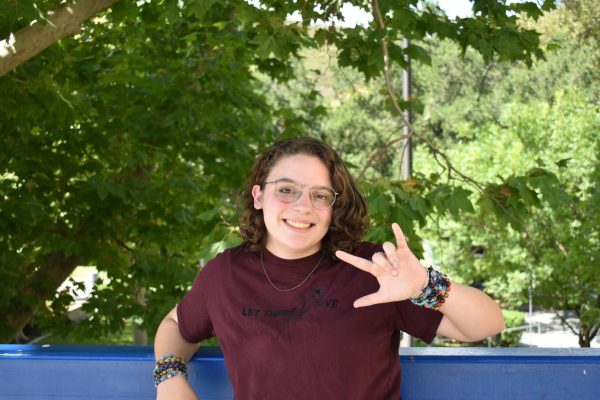Within the last year, shifting political environments across the country have caused an “unprecedented” rise in books being challenged in schools, according to ala.org.
“ALA’s Office for Intellectual Freedom Intellectual Freedom documented 1,269 demands to censor library books and resources in 2022, the highest number of attempted book bans since ALA began compiling data about censorship in libraries more than 20 years ago,” according to ala.org. “The unparalleled number of reported book challenges in 2022 nearly doubles the 729 book challenges reported in 2021.”
This rise in book challenges – a request to a school or literary provider to restrict access to certain materials based on the objections of the challenger – is a result of books “meant to promote more diverse reading material” being “weaponized”, wrote Elizabeth Harris and Alexandra Alter in nytimes.com.
“Such challenges have long been a staple of school board meetings, but it isn’t just their frequency that has changed,” wrote Harris and Alter. “According to educators, librarians and free–speech advocates, it is also the tactics behind them and the venues where they play out.”
However, the intent behind the usage of these books is not inherently rooted in censorship. Some organizations who utilize these lists of books argue that their objective is only to protect children in the public school system from content they deem inappropriate.
“We are asking districts to have a clear review process for books with extreme content, [and] we are seeking that the most explicit titles be removed from school libraries,” according to momsforliberty.org, an organization which looks to give parents more control over what their students are reading.
However, content filtering — something which many organizations calling for the removal of some material believe is lacking in public schools — is present in some places.
“There’s a process we go through to select the books which are read in class and [can be found] in the library,” said librarian Julie Speerstra. “They are selected by professionals who read reviews and look at what students are interested in. I think we are very mindful of what would be good for students, and a lot of times, when someone wants to ban a book, they haven’t even read the book. They’ve just seen it in a list and haven’t read it in depth.”
The concerned sentiments of parents aren’t isolated to school libraries, though. Many public libraries have also come under fire by local legislation for allowing certain titles in their premises. Libraries all across the country are facing threats of defunding and overall shutdown when they come into conflict with concerned community members.
“While threats to defund or eliminate public libraries are still relatively uncommon, they’re on the rise,” wrote Fabiola Cineas in vox.com.
However, proponents of library closures argue that libraries only need to be shut down if those in charge refuse to make any kind of progress on restricting controversial content. One such instance occurred at a library in Llano, Texas, which was threatened with closure when it won a court ruling allowing them to disregard book removal demands from community members.
“Seven Llano library patrons sued for the [targeted] books’ return to shelves,” wrote Kelly Weill in thedailybeast.com. “A federal judge ruled in their favor, calling the books’ removal an infringement of free speech and instructing the library to return the books. Instead, Llano County commissioners announced the Thursday meeting to vote on whether to close the system’s three libraries.”
Along with free access to reading materials, libraries provide spaces for critical facets of accessibility, such as access to computers and the ability to host community meetings. These benefits to the public are eliminated when libraries are shut down.
“Books are just the tip of the library iceberg,” said the California Library Service Board in a report titled The Value of California’s Public Libraries. “Through digital labs, makerspaces, career centers, business resources, memory labs, public programs, community partnerships and online resources, public libraries help communities explore, learn, connect and have fun beyond their traditional library brand.”
While interest groups and politics define the book challenging phenomenon on a larger scale, students and teachers are the ones experiencing the effects.
“[The most important part] for teachers is to give each side of an issue equal airtime,” said Madeline Maddox—Walker, 11CP and 10H English teacher. “[This] is hard, because teachers are human, and we have our own biases. [What teachers have to do] is try to be aware of our biases, and then allow conversations [that involve sensitive content] to be mostly student—driven, so they can be forming their own opinions.”
